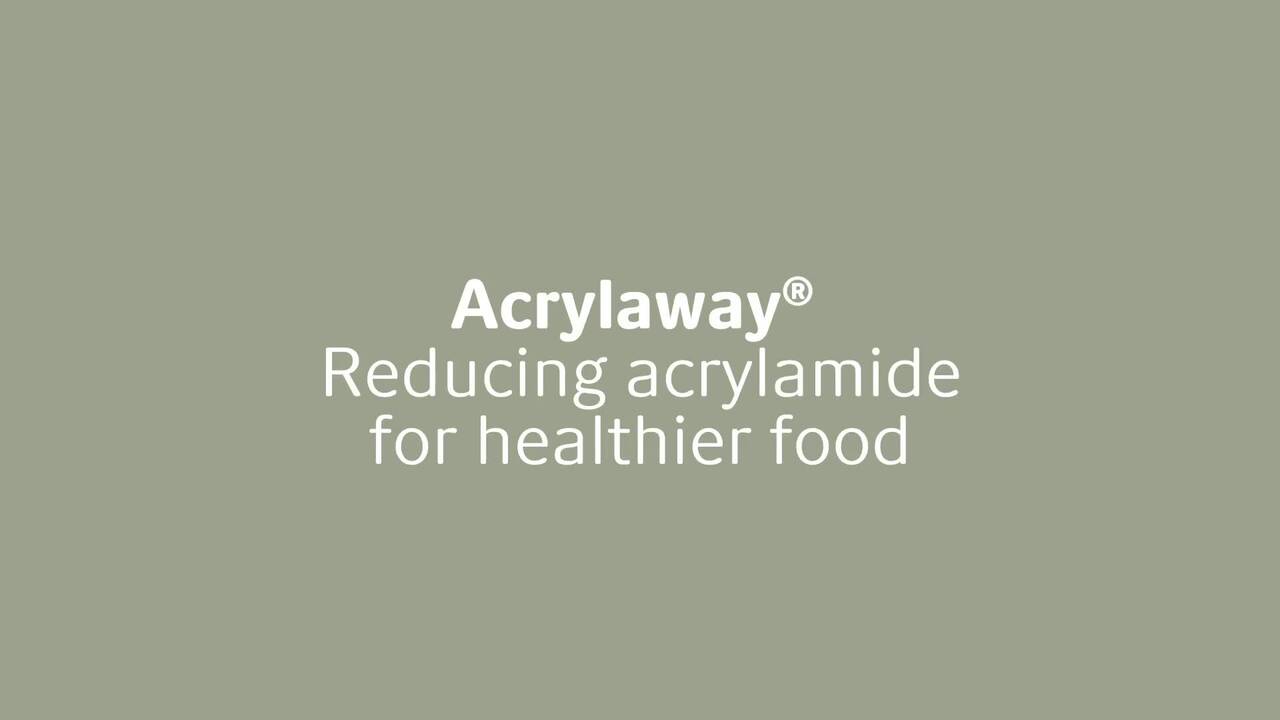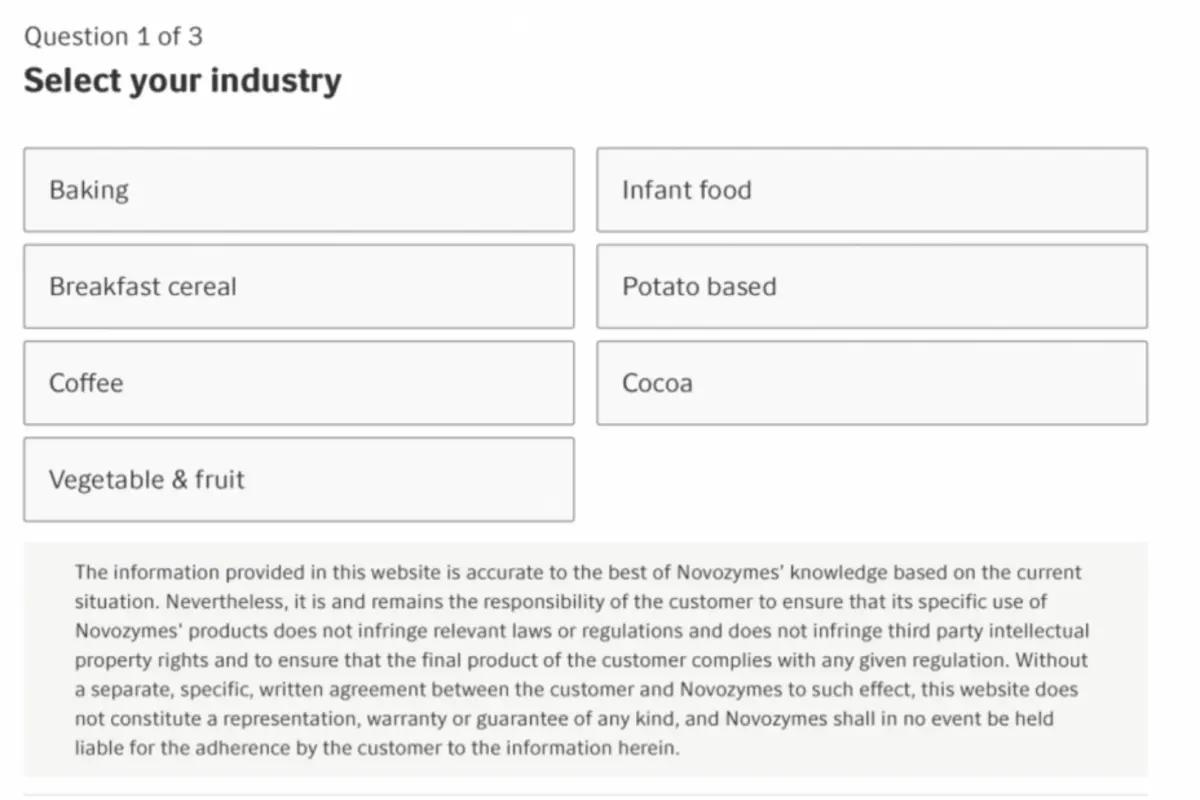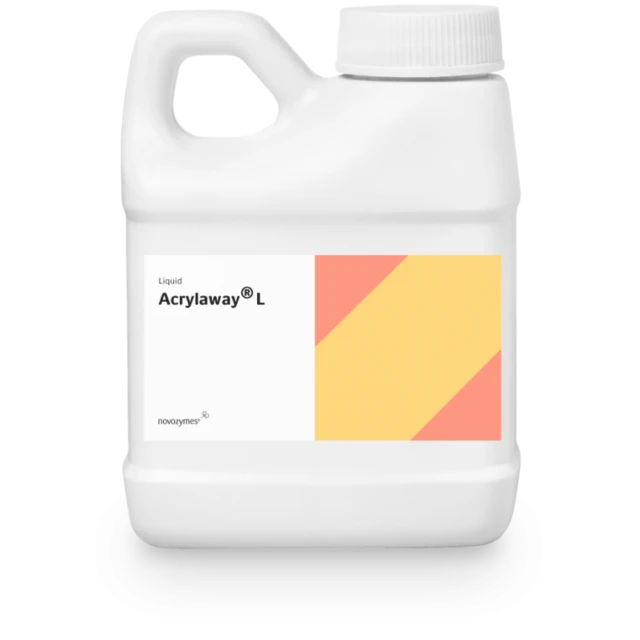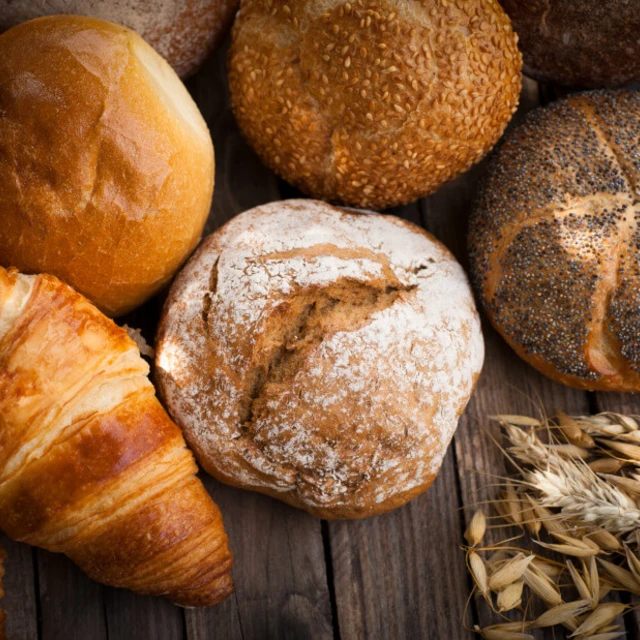Acrylamide in coffee and processed potatoes
Acrylamide is a suspected carcinogen that forms naturally in a range of cooking processes, including production of coffee, French fries and potato-based snacks.
The Maillard reaction helps give all these products their appealing colors and delicious flavors. But it also leads to the formation of acrylamide. Find out how acrylamide forms, and how to prevent it.







